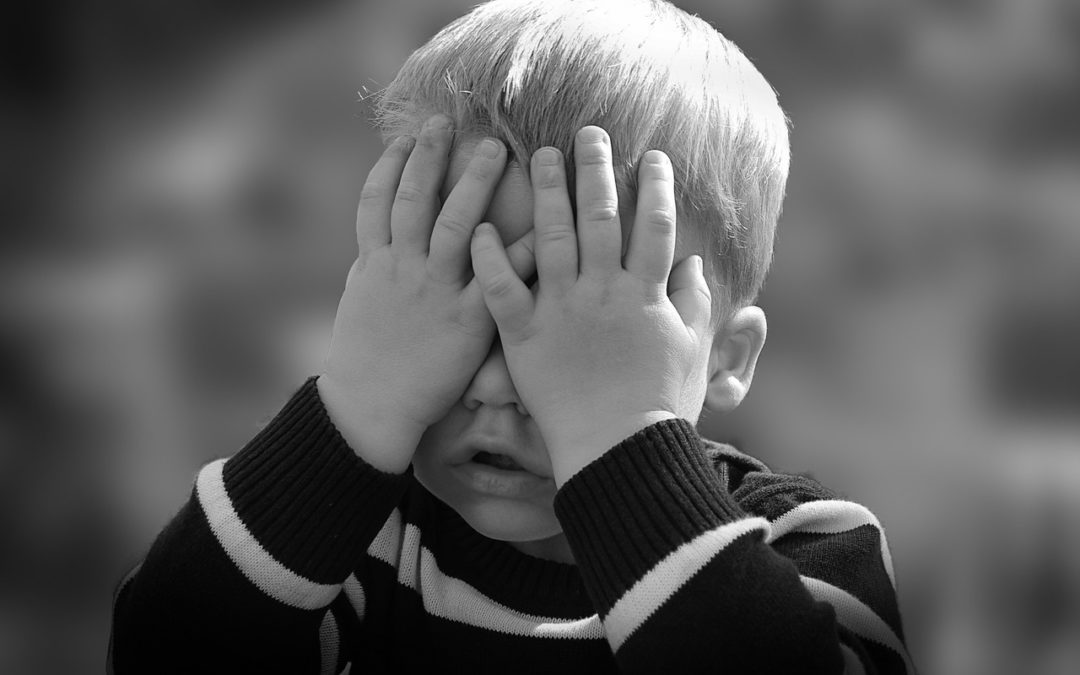Whether you are in denial over a recent breakup, your friend’s drinking “habit”, or a bad health diagnosis, we all experience in denial at some point. But is denial dangerous?
The short answer? Yes.
What is denial?
Denial is the act of refusing to believe something is true despite evidence to the contrary. This can be a refusal to accept the reality that a given information, painful event, feeling, or thought is true.
There are various ways that denial manifests.
It can be the simple rejection that an unpleasant fact is true.
Or it could be accepting the fact, but not in its entirety. When we minimize something we are denying how serious it is or how much it affects us.
Projection is the denial of responsibility by putting the blame on someone else.

Why do we deny?
Denial is often used as a coping strategy for those who are not ready to admit that there is something wrong. For most of us, denial will only be a phase before we actually accept the reality of the situation or thought.
Can denial be positive?
A small amount of short-term denial is positive.
Denial in regards to trauma can help us to move forward despite our pain. When a loved one dies, the full acceptance of their death may be too much to bear at first. Therefore, we first deny that it has happened. We refuse to accept the fact in its entirety until we are ready to enter the next stage past denial, acceptance.
Denial is also a part of forgiveness. A fight with a loved one that may have sent us into a rage in the past is now partially forgotten. A small amount of denial allows us to sit across the table from them at Thanksgiving and enjoy their company as we still heal.
A small portion of short-term denial is that which lets us live our daily lives when we have experienced dishonesty and betrayal in our lives.
When is denial dangerous?
Denial is dangerous when it gets in the way of us living happy, healthy lives.
If our denial keeps us from healing, if it keeps us in a dangerous situation, or causes us to feel pain over and over again, then denial is dangerous.
Denial can lead to isolation, anxiety, and sadness. The more we deny reality, the harder it can be for us to move past it. We can end up feeling stuck.

How to Overcome Denial
Understand Your Denial
What is keeping you from acceptance and healing? Do you need to be in control? Are you not valuing yourself enough? Do you not feel like you deserve better?
Whether it is a shopping addiction, financial issues, or staying in a bad relationship, try to understand the root of these issues. Once you do, it is a lot easier to find a solution.
Focus on What You Want
Realizing what we want for ourselves in the future is a great place to start to overcome denial. Figure out what you want for yourself and work backwards. By doing this we are able to figure out what is holding us back from those goals, what we are in denial about.
For example, you may be struggling with your current relationship. You’re wondering if this is the right person for you. You’re wondering if the “bad stuff” in your relationship is really that bad. You then focus on what you want.
If you want a calm home life with a partner that loves, appreciates, and honors you, you may realize that your current partner does not fit into that picture. By focusing on what we want, we empower ourselves to be stronger than the situation and take action.
Check-in with Yourself
Take not of how often you wish a situation were different. If you do this often, chances are you are minimizing the negative affects of circumstances on you. You may tell yourself “it’s okay, everything if fine”, when in reality it isn’t. Checking-in with ourselves helps us to become aware of a bad situation when we may be stuck in denial.
Accept the Situation
This does not mean that you need to actively do anything. Merely accept the situation and understand that you may not be ready to face it yet. Understand the situation for what it is and acknowledge how you feel about it.
Reach Out for Support
If you are facing a troubling situation, your instinct may be to keep it to yourself. You may try to act like everything is okay, which is exhausting on its own. Instead, take that energy that you use to keep things to yourself and channel it into healing. Just telling someone about what you are going through out loud is a great step to acknowledging the situation for what it is and start the process to healing.
In addition, if you aren’t sure if a situation is bad or you are just being sensitive, reach out and ask a trusted friend. Chances are they can provide you with the clarity and support you need.
Be Patient
Acceptance and healing do not happen overnight. Once you acknowledge a situation, it still can take some time to feel better or resolve it. Be patient with yourself. Be patient with the process. Take baby steps and slowly you will get to where you want to be.
Remember, you have the power. You have the power to choose how you want to live your life. You have the power to heal yourself, to move past what hurts you, and make tomorrow better than today.
Seek Therapy
When the above is not enough, it is helpful to get help from a third, objective party. A therapist can help us to see what is truly holding us back and give us the tools to get through it. You may also learn stress management tools to help with our current denial and any other struggles we may have now or in the future.
Trouble getting past denial?

